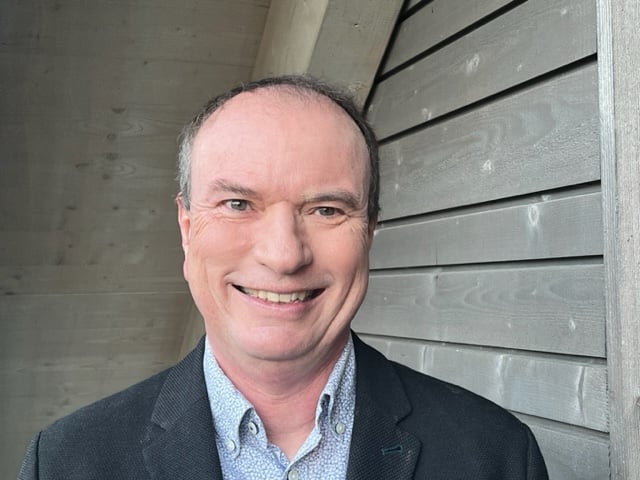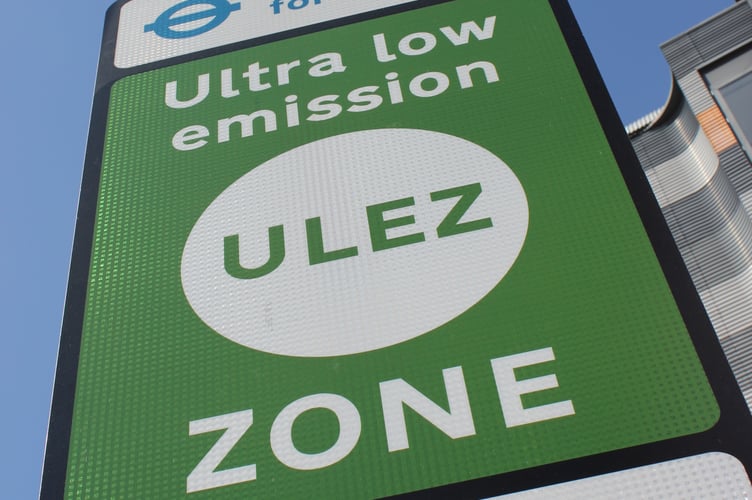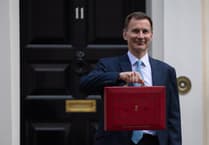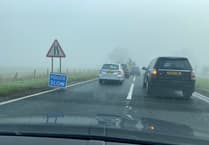As one of the leading paediatricians in the country studying the effects of air pollution, Jonathan Grigg, Professor of Paediatric Respiratory and Environmental Medicine at Queen Mary University, London, is at the forefront of research into how air pollution affects us all.
Every person living in London can be affected by air pollution in some way. That's the conclusion of Professor Grigg, an international leader in respiratory research in children.
"Air pollution can impact our eyes, nose and throat, our lungs and our heart – increasing the risk of cardiovascular disease. In nearly every organ in the body we have looked at, we see the effects of long-term and short-term exposure,” he explains.
Those recovering from heart attacks or pregnant women are particularly vulnerable, as are people with existing lung conditions like COPD or asthma: “Someone who has mild asthma can be tipped over into having life-threatening episodes,” he says.
Jonathan has welcomed the recent expansion of the Ultra Low Emission across all London, a move to help to take the most polluting vehicles off the road and help to reduce the air pollution Londoners breathe in.
“This is one of the most important public health interventions that we can have,” he said.
In 2016 he co-authored a report from the Royal College of Physicians and the Royal College of Paediatrics and Child Health examining the impact of exposure to air pollution across the course of a lifetime which highlighted air pollution's links to lung development and increases in heart attacks and strokes, along with associated links to asthma, diabetes, dementia, obesity and cancer for the wider population.
“Lung capacity is affected – we have shown that in studies in east London showing the difference in lung function in children," he said.
"This is about every child achieving their full potential, and air pollution is interfering with that.”
He adds we are only beginning to understand the extent of the impact of air pollution. “There are children in our clinics who wouldn’t have asthma if they hadn’t had that exposure," he said.
"We need action at a scale that covers where most of the population live. The central zone has shown the ULEZ is feasible and has been a success, but we need to do something to help protect the health of all Londoners, so it makes logical sense to me to extend that as far as is feasible.”
About the ULEZ expansion
To help clear London’s air and improve health, the Ultra Low Emission Zone now operates across all London boroughs. It operates 24 hours a day, seven days a week, excluding Christmas Day.
To check if you’re one of the few who drive a non-compliant vehicle, the easiest way is to use TfL’s simple vehicle checker: tfl.gov.uk/check-your-vehicle
If your vehicle doesn’t meet the ULEZ standards, grace periods (temporary exemptions) from the ULEZ daily charge are available until October 24, 2027 for vehicles registered with a ‘disabled’ or ‘disabled passenger vehicle’ tax class, eligible wheelchair-accessible vehicles, as well as people receiving certain disability benefits. Find out more about discounts and exemptions at https://tfl.gov.uk/modes/driving/ultra-low-emission-zone/discounts-and-exemptions
If you need to pay the £12.50 ULEZ daily charge, you can pay online using TfL’s official website, or the easiest way to pay is with Auto Pay.








